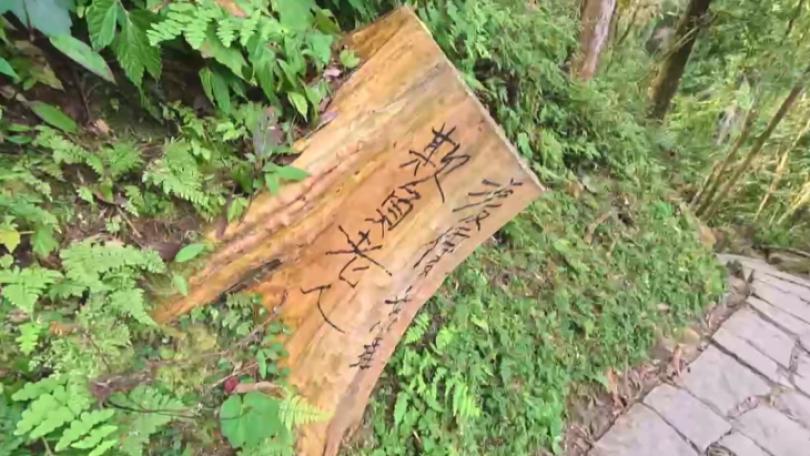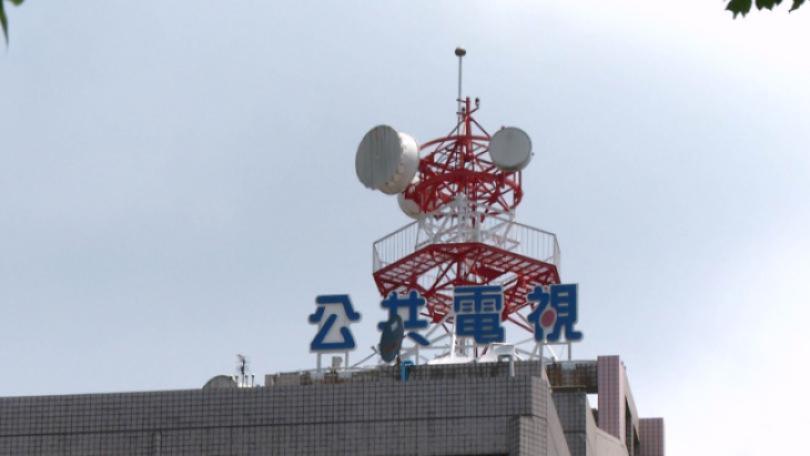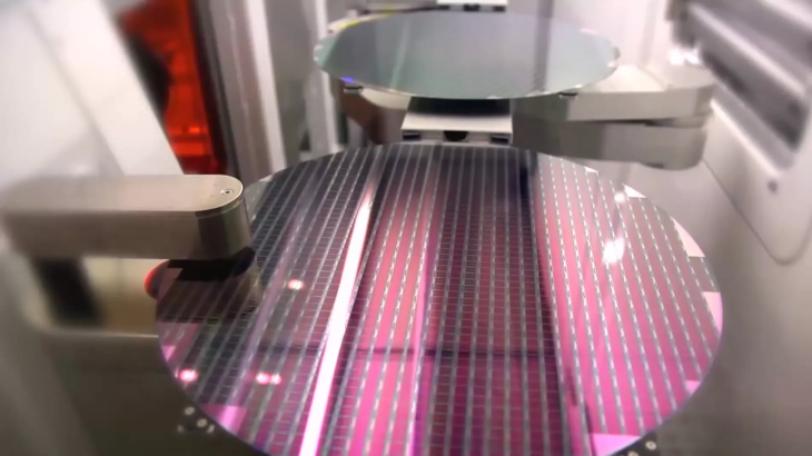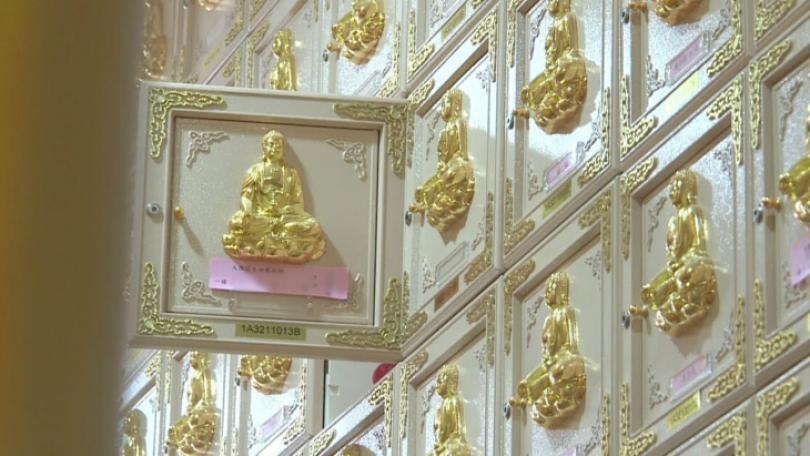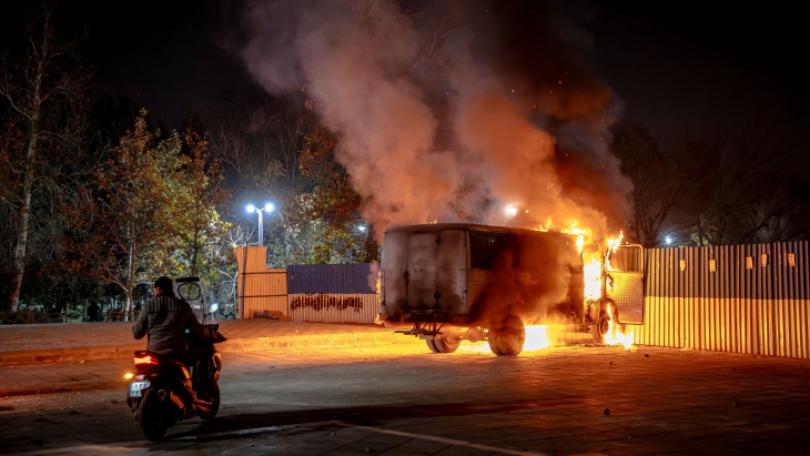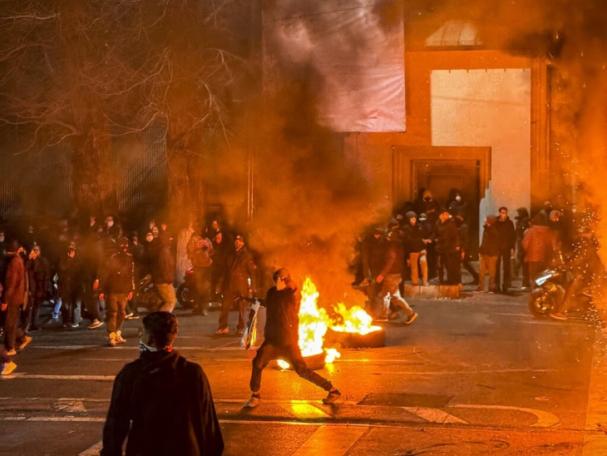New Changes on Taiwan Policy After China's Reshuffle 學者:中共20大後新人事 展現對台工作新風貌
Xi Jinping has secured a third term as CCP general secretary. Analysts expect a reshuffle in the wake of China's 20th Party Congress, which could mean changes ahead in China's Taiwan policy and greater conflict between China and the U.S. over the Taiwan issue.
China's new Standing Committee of the Political Bureau held its first press conference on the 23rd with Xi Jinping at the helm for an unprecedented third term. Foundation on Asia-Pacific Peace Studies chief consultant Chao Chun-shan says China has no timetable for unification but will push forward towards unification in phases, with the current phase in effect until 2024 when Taiwan and the U.S. hold presidential elections. According to Chao, China is planning for unification between 2032 and 2049. Chao also says there are changes ahead in how China deals with Taiwan in the wake of the 20th Party Congress.
Chao Chun-shan, Chief Consultant, Foundation on Asia-Pacific Peace Studies: “Regarding the Taiwan policy, the affirmation after the 20th National Congress, the issues between the Strait only can be decided by the Chinese people. Under (Xi Jinping), China will take action to end the U.S.' role as a "world mediator."”
Another analyst says China still aims to have a peaceful coexistence with the U.S., but the divide between the two sides remains hard to bridge on issues like human rights, trade and technology restrictions, and military issues. The analyst says while the U.S. and China will continue to exchange words and perhaps sanctions, neither side wants military engagement. The Taiwan issue could, however, change that.
Wang Kaochen, Professor, Graduate Institute of Int'l Affairs and Strategic Studies, TKU: “In the next five years, you could see Mainland China accelerating its unification timetable with military action or you could see the U.S.'s military cooperation with Taiwan growing. This will lead to the next level of competition.”
With Xi seemingly focused more on politics than the economy at this time and a government reshuffle widely expected, Wang Kao-cheng says the possibility of China and the U.S. going to war over Taiwan becomes higher.
23日率領新一屆中央政治局常委在記者會亮相,中共總書記習近平打破慣例蟬聯第3任,新換血名單是否牽動兩岸關係?亞太基金會首席顧問趙春山指出,中共對台統一沒有時間表,但是促統的大方向將會分階段進行,第一個階段到2024年,將靜觀台美總統大選,並預計在2032到2049年實現統一目標。二十大後,將展現未來對台工作截然不同的風貌。
亞太基金會首席顧問趙春山回應:「二十大以後對台政策這方面,兩岸問題要由中國人來解決,所以習近平會減少美國參與的力道,不要讓美國再扮演球員兼裁判的角色。」
兩岸局勢的發展也受到美台關係影響,有學者認為,中國在主觀上還是希望和美國維持和平共處的模式,但從習近平的政治報告可以看出,雙方在人權、經貿科技限制以及軍事上立場都不一樣,但中國仍會避免和美國經濟脫鉤或發生軍事衝突,維持鬥而不破的關係。而台灣議題將是未來美中鬥爭的焦點,以及可能造成衝突的因素。
淡江戰略研究所教授王高成指出:「大陸未來5年這種加快加大對台統一的作為,以及甚至用軍事手段來施壓台灣,或者是美國持續地來提升跟台灣的政治跟軍事上的關係,這雙方都會產生進一步的競爭。」
習近平在二十大報告中,有關政治思想的篇幅遠遠多於經濟內容,人事布局也大洗牌。王高成指出,未來在中共加快統一的作為上,美中兩國因為台灣議題進而發生衝突的可能性也將會升高。

